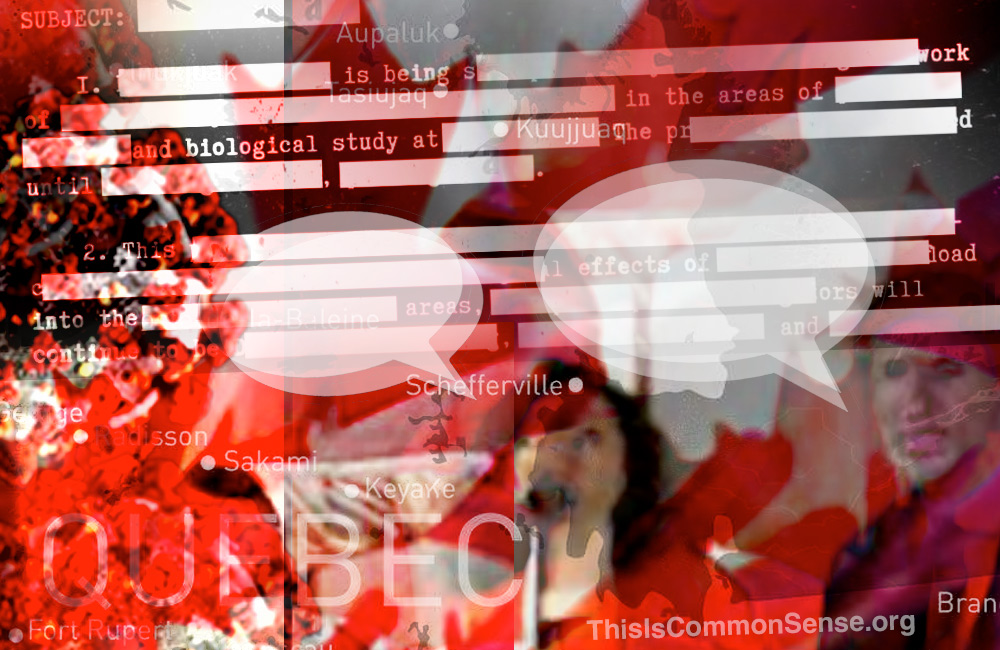In recent years, several lawsuits have been launched alleging collusion between the Biden administration and big social media companies to violate our First Amendment rights.
Unfortunately, most of these suits have been dismissed.
Journalist Alex Berenson did obtain some satisfaction after suing Twitter for suspending his account last year because he questioned the efficacy of COVID-19 vaccines.
The suit accused Twitter of acting “on behalf of the federal government in censoring and barring him.” Berenson’s account was finally reinstated as part of the settlement. But only Twitter was required to take any remedial action; the government was required to do nothing.
Still ongoing is a lawsuit launched by the attorney generals of Missouri and Louisiana against the Biden administration for urging social media giants to suppress speech about things like COVID-19 and elections “under the guise of combating ‘misinformation.’ ”
Now a judge has granted the states’ motion for discovery, enabling the attorneys general to make document requests and issue subpoenas to social media platforms. The AGs hope to learn which federal officials have been urging censorship and what exactly they said.
In a certain respect, these actions seem almost superfluous, since administration officials, including Biden, have repeatedly and publicly called on social media to censor harder.
But the more evidence we can get on how the federal government has been urging firms to censor on its behalf and in violation of the First Amendment, the better.
That brings us closer to getting it to stop.
This is Common Sense. I’m Paul Jacob.
—
See all recent commentary
(simplified and organized)





